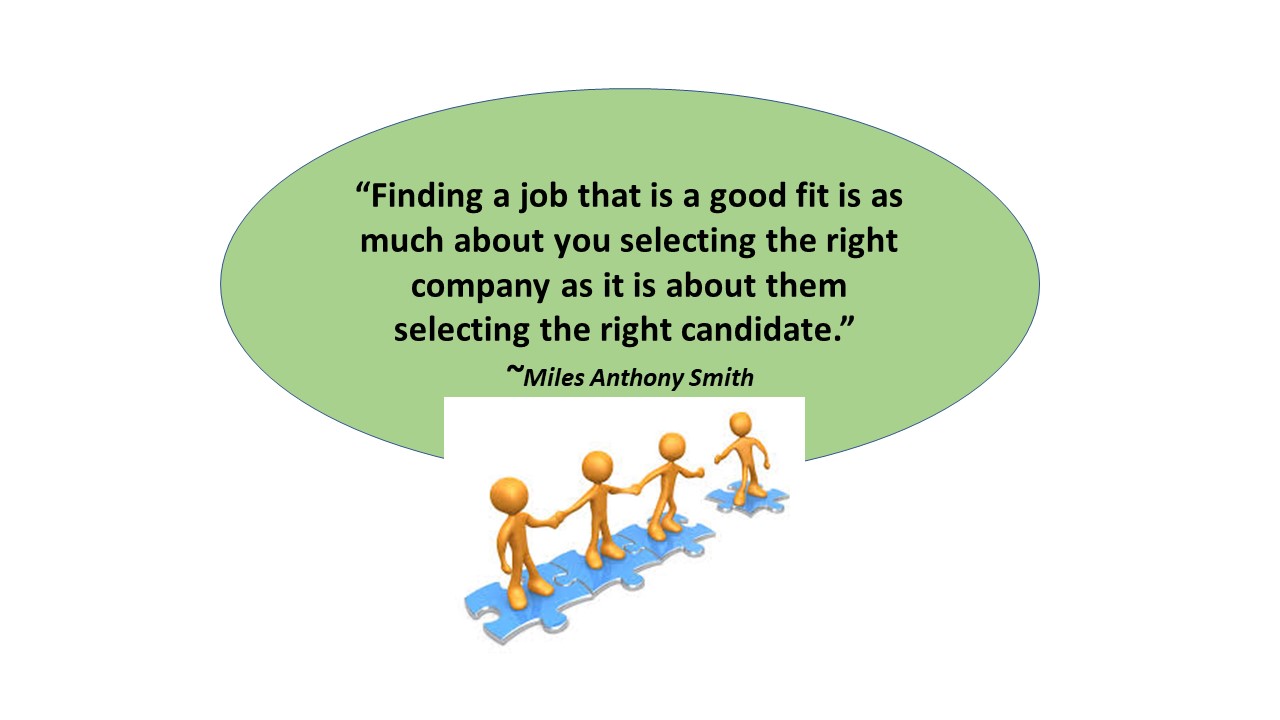Five Essential Questions
By Thomas Davis, CRNA, MAE, Lt. Col, (ret)
follow @procrnatom on twitter
Preferred workplaces are built by insightful leaders who actively work to create a community of colleagues who treat one another with mutual respect and work together collaboratively. Hiring and recruiting new team members offers an excellent opportunity for you to build your dream team, and identifying well-matched applicants is an important first step. These Essential Five interview questions will put you on the right track.
- When you prepared for this interview, what did you learn about our organization? This question opens the door for insight about how the applicant organizes time, thoughts and the value that he or she places on preparation.
Positive response: The applicant will show evidence that he/she has been to the employer’s web site and has seen the mission, vision and values of the organization. They will also be able to comment on something specific about the group that they are hoping to join.
Negative response: The applicant will flatter the institution speaking in vague terms about its wonderful reputation but saying nothing specific about its mission and values.
- Describe your ideal employer/ job. This moves the ball beyond working for a pay check, plants the thought that not all employers are the same and opens the door to considering whether this job is a good fit for both the applicant and the employer.
Positive response: The applicant will describe a job that offers professional growth, builds a network of colleagues and presents an opportunity to join a team doing important work.
Negative response: The person will focus on pay and benefits with a work schedule built around personal needs.
- What is your greatest achievement outside of work? People are who they are on and off the job. There is no right or wrong answer to this question, but it is a significant opportunity to gain insight into the applicant’s basic personality and the way they approach life in general.
Positive response: The applicant will talk about other specific team experiences noting his contributions and some of the improvements that were made he helped to achieve. He may potentially reveal the positive effects that participation had on his own self-esteem.
Negative response: The applicant will list his organizations and the titles he held or earned, tainting his good works by creating a feeling of, “Look what I did!” Applicants whose greatest achievements outside of work are wrapped around self-promotion will bring that same attitude to your team.
- If you join our team and you have a successful first year, what would it look like? This question encourages the applicant to visualize being a member of your team. Not only does it create buy-in regarding team membership, it plants the seed that you expect the person to be successful.
Positive response: The person will describe learning new skills, feeling valued, working as a member of a collaborative team and making a difference in the overall outcome of the group.
Negative response: The person will make empty statements about settling into a work routine, providing quality patient care and being able to balance work with personal pleasure.
- Do you have any questions? This is a very important question that loops back to question one and provides further indications about preparation for the interview.
Positive response: An applicant who is seeking to join a collaborative team that does meaningful work will ask about work ethics, relationships, team goals and opportunities for growth and excellence.
Negative response: The applicant who wants a strictly transactional, quid pro quo job will ask about pay and benefits and ways to leverage time off to meet personal needs. Or, he may not ask any questions at all.
Looking back on my experience as a hiring manager at two large healthcare institutions, I recall one of the most informative applicant interviews of my career. Following a useful discussion about the applicant’s preparation for the interview, his preferred workplace, his activities outside work and his view of a successful first year, the interviewee was asked the essential fifth, “Do you have any questions?” “Yes,” he replied. The candidate opened a folder and pulled out a sheet of 64 type-written questions that he and his wife had prepared. Our committee addressed each question one by one and by the end of the interview, he knew the minute details of the job he was seeking, and we gained valuable insight regarding his personal interests and expectations. We hired him, and he was exceptional.
The interview of applicants is a necessary step in the process of building a team to establish your institution as a workplace of choice. Using the Essential Five gives you a window through which you can gather both broad and specific information about the qualities of each applicant. A thorough interview will help you hire the perfect fit for your work community, and the one you serve.
Special thanks to my wife and editor, Liz Sanner Davis.
Thomas Davis is a noted leader, educator, speaker and clinical anesthetist.
Build a preferred workplace. Join Tom and a group of healthcare leaders for the values-based leadership webinar. Click here for information.
